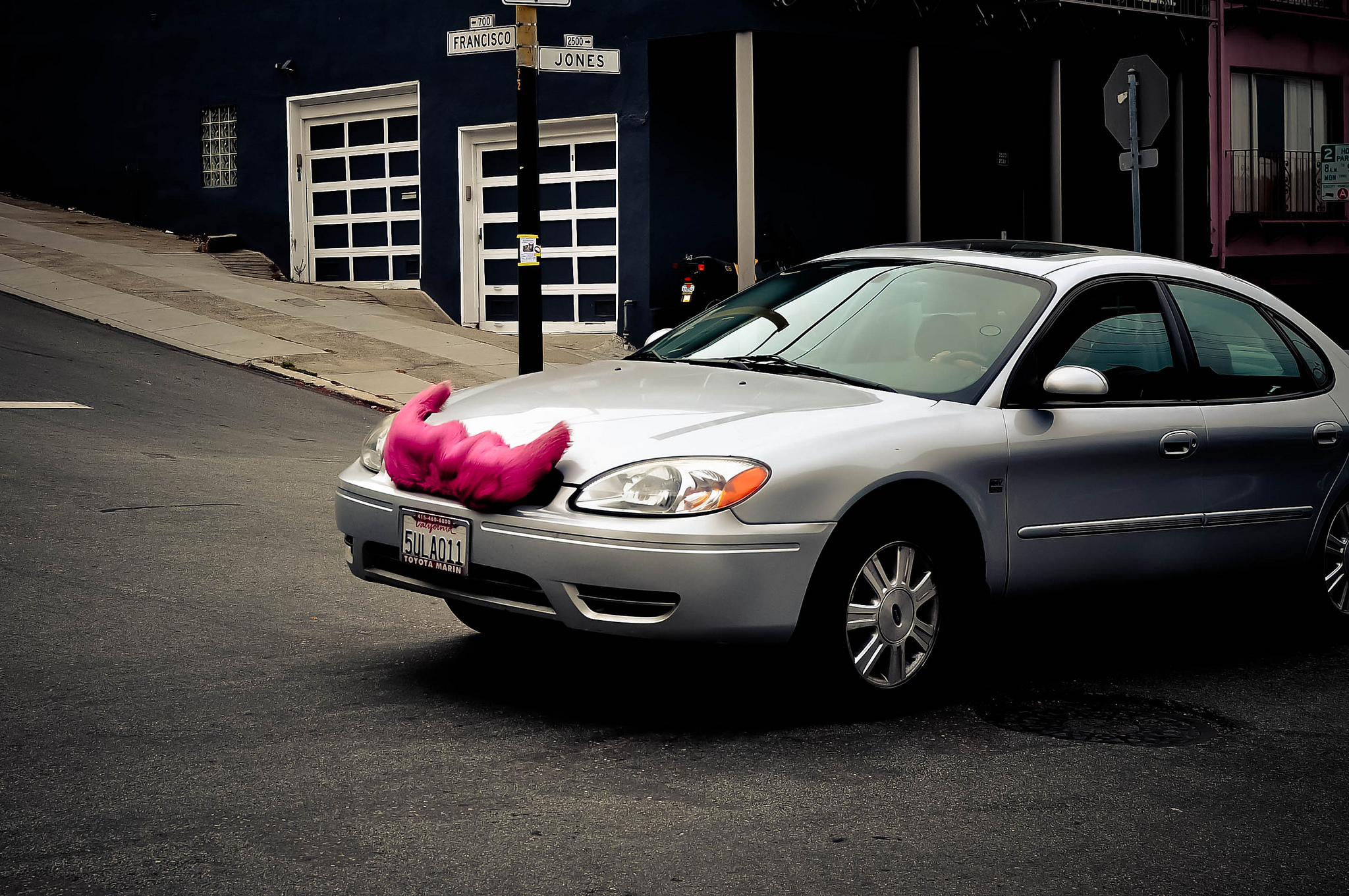State lawmakers have launched a push to regulate app-based transportation companies, including UberX and Lyft, operating in Washington.
 Senate Bill 5550 would require the companies to provide liability, uninsured motorist and personal injury insurance for drivers, conduct background checks and inspect vehicles. It would reverse city regulations and put in place a statewide standard.
Senate Bill 5550 would require the companies to provide liability, uninsured motorist and personal injury insurance for drivers, conduct background checks and inspect vehicles. It would reverse city regulations and put in place a statewide standard.
The move comes after extensive negotiations between Seattle leaders, taxi companies and ride-share services.
Taxi drivers last year told the Seattle City Council that UberX and Lyft were hurting business. When council members agreed and voted to cap the number of ride-share services, a citizen’s group suspended the ordinance after collecting enough signatures to send the measure to the ballot.
It took an intervention from Seattle Mayor Ed Murray and months of negotiations for stakeholders to come up with a compromise plan. This bill, sponsored by Sen. Cyrus Habib, would undo that ordinance and set up framework for the state.
The Kirkland Democrat says it’s important to set up a unified system as ride-share companies launch around the state. City and county regulations have weighed down the taxi industry, he said.
“The taxi system ultimately has become so dysfunctional because of a myriad of contradictory regulations,” Habib told TVW. “We have a chance to get this right on day one, so let’s not let this become dysfunctional.”
Colorado was the first state to pass a law regulating ride-share services. Washington’s bill is modeled after the law.
Seattle’s law requires drivers to get insurance, but Habib says cities lack the authority to require insurers to pay out in an accident. That’s a function of the state, he says. Stakeholders who took part in city negotiations were “deeply involved” in drafting this bill, Habib says, including drivers unions, ride-share services and Seattle Uber general manager Brooke Steger.
Habib is blind and says he’s relied often on the services to get around. “We need to make sure we are supportive of their ability to operate,” he said. “But we need to write a law that protects the consumer and provides safe options.”